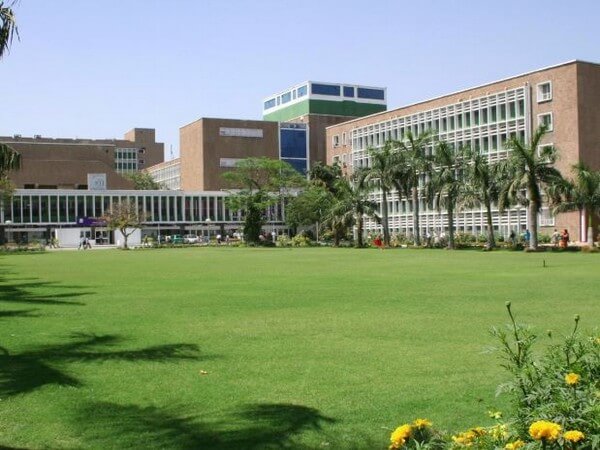'New drugs soon for malaria, diabetes'
Tue 14 Apr 2015

New Delhi: The Indian pharmaceutical sector would soon be showcasing ‘candidate drugs’ for malaria, osteoporosis and diabetes, Union Minister for Science and Technology and Earth Sciences Harsh Vardhan said on Saturday.
With further R&D, important breakthroughs could be on the horizon for these diseases, he said following a visit to the Central Drug Research Institute (CDRI), Lucknow, a wing of the Council of Scientific and Industrial Research (CSIR).
Addressing scientists, he said Prime Minister Narendra Modi was committed to making India one of the world’s leading destinations for end-to-end drug discovery and innovation by 2020.
“I am confident that the drug laboratories under the CSIR are capable of backing up the Swasth Swachh Bharat Mission. Our scientists are focussing on both infectious and lifestyle diseases. We are developing next generation drugs, biologics, biosimilars, gene therapeutics, stem cell therapeutics,
personalised medicine and multifunctional nanomedicine,” said Dr. Vardhan.
personalised medicine and multifunctional nanomedicine,” said Dr. Vardhan.
Indian R&D efforts in government laboratories like CSIR-CDRI, CSIR-Indian Institute of Chemical Technology (CSIR-IICT, Hyderabad) and CSIR-Indian Institute of Chemical Biology (CSIR-IICB, Kolkata) have a track record in making drugs for kala azar, filaria, leprosy and tuberculosis available at affordable rates to the common man, he said.
The “candidate drugs” for malaria, osteoporosis and diabetes were currently undergoing clinical trials, he said, adding that the CSIR-CDRI were simultaneously carrying out Investigational New Drug (IND) studies on lead molecules for fracture-healing, cancers, thrombosis, malaria and hyperglycemia. “Strengthening of the R&D ecosystem is the priority,” he added.
He also said people were expecting CSIR laboratories to produce therapeutic and preventive measures for re-emerged infectious diseases.
No Comments For This Post, Be first to write a Comment.
Most viewed from Health
AIMIM News
Latest Urdu News
Most Viewed
May 26, 2020
Do you think Canada-India relations will improve under New PM Mark Carney?
Latest Videos View All
Like Us
Home
About Us
Advertise With Us
All Polls
Epaper Archives
Privacy Policy
Contact Us
Download Etemaad App
© 2025 Etemaad Daily News, All Rights Reserved.






























